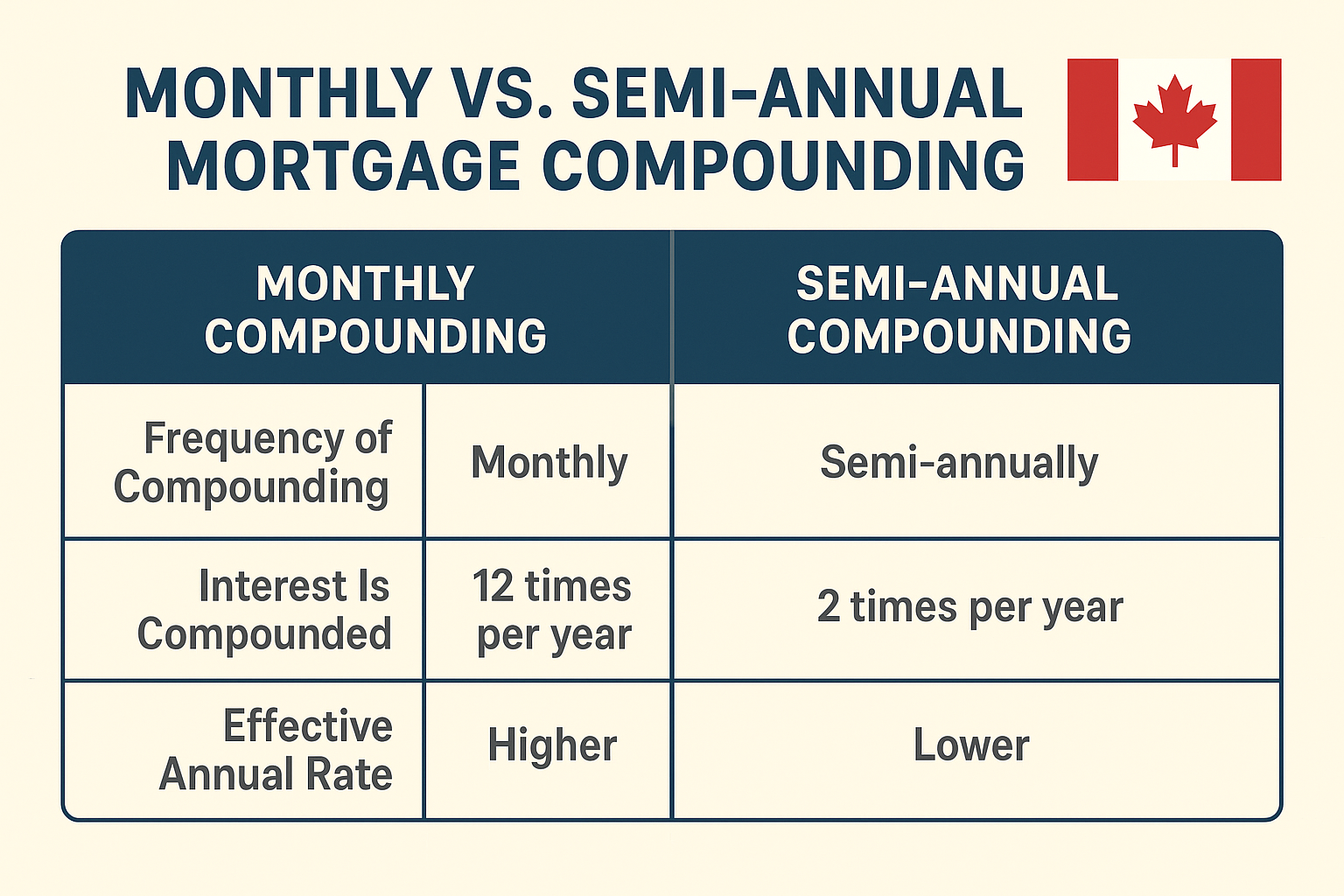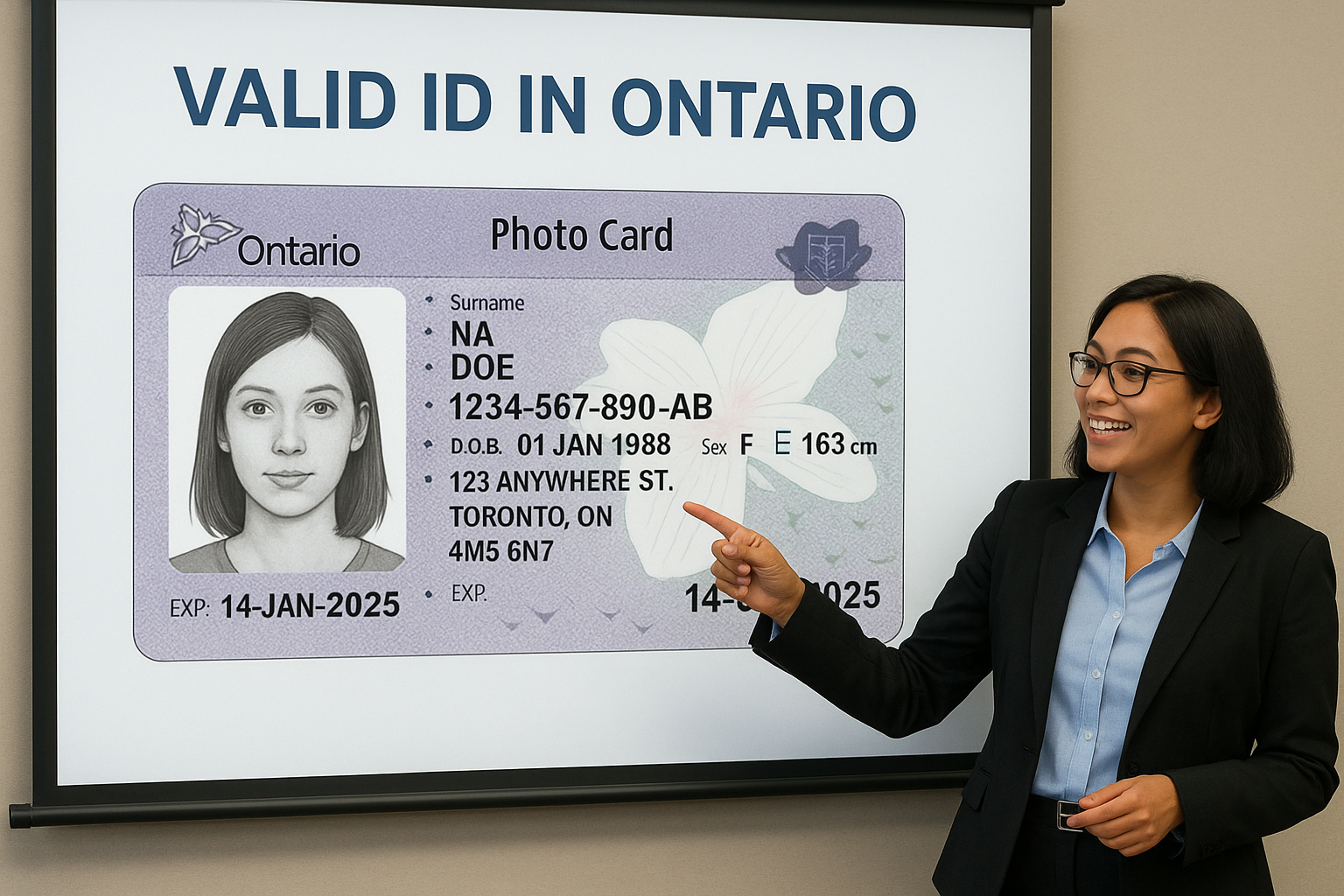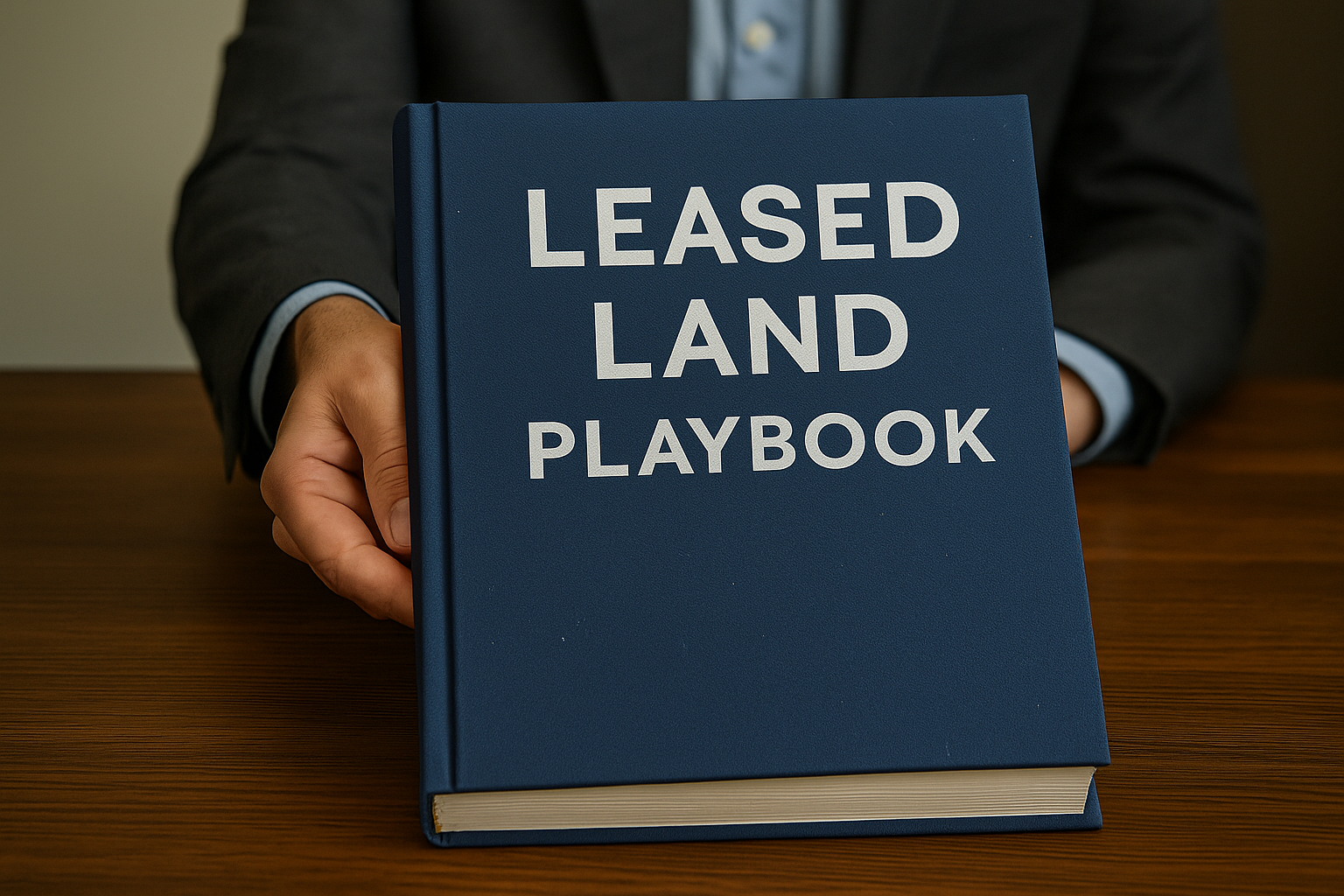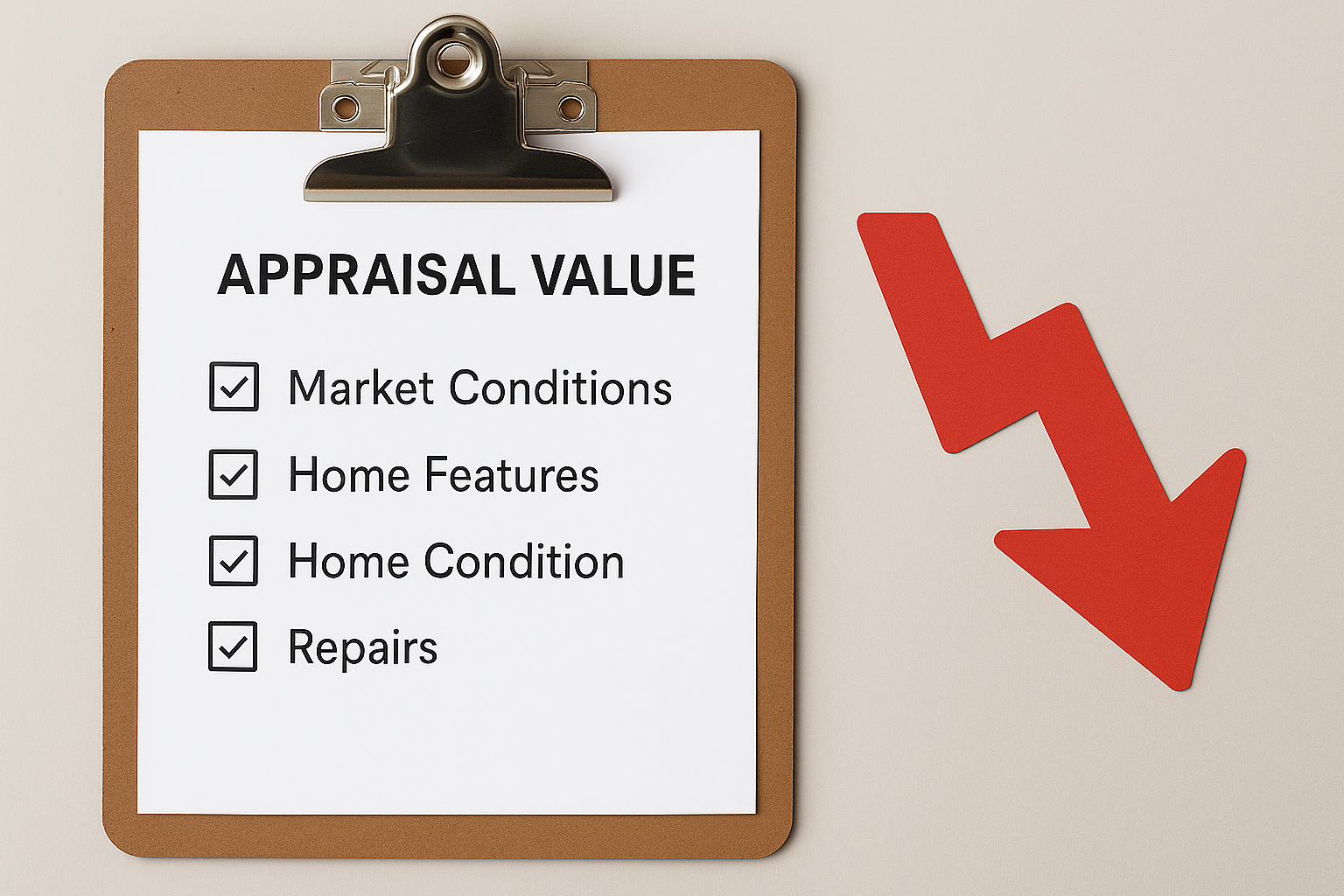Table of Contents
ToggleHow Reverse Mortgage Loans Work
In the realm of Canadian real estate, reverse mortgage loans have emerged as a noteworthy financial tool, particularly for homeowners aged 55 and above. These loans offer a unique avenue for individuals to leverage the equity accumulated in their homes without initiating a sale or relocation. Let’s delve deeper into understanding how reverse mortgage loans work within the Canadian economy.
A reverse mortgage essentially allows homeowners to borrow funds against the appraised value of their homes. Unlike conventional mortgages where borrowers make monthly payments to the lender, the dynamic shifts with a reverse mortgage. In this scenario, it is the lender who disburses payments to the homeowner, typically in the form of a lump sum, regular installments, or a hybrid of both. Repayment of the loan usually occurs when the homeowner sells the property, moves out, or passes away, at which point the outstanding balance, inclusive of accrued interest, becomes due.
What is the disadvantage of a reverse mortgage?
Despite their appeal, reverse mortgages have certain disadvantages that require careful consideration. One notable drawback is the accumulation of interest over time, which is then added to the principal loan amount. This incremental growth in the debt could potentially erode the equity built up in the home, affecting the legacy left for heirs.
Furthermore, since reverse mortgages entail borrowing against home equity, the amount ultimately available to heirs may be diminished. Consequently, when the property is eventually sold, the proceeds are first directed towards repaying the reverse mortgage, possibly leaving a reduced inheritance.
How much can you borrow on a reverse mortgage?
The measure of funds accessible through a reverse mortgage hinges on several factors including the homeowner’s age, the appraised value of the property, and current interest rates. In Canada, individuals can typically access up to 55% of their home’s appraised value via a reverse mortgage. However, this amount might be lower should the real estate security be encumbered by existing mortgage loans or other liens.
It is crucial to note that eligibility for a reverse mortgage is primarily contingent on the equity held in the property, rather than the homeowner’s credit score or income level. This inclusive rule means that even if you have bad credit or earn a modest income, you could still be eligible for a reverse mortgage loan. This makes it easier for people to qualify for this type of loan and use it as a financial tool.
Difference between a reverse mortgage and a home equity loan
While both reverse mortgages and home equity loans offer avenues to tap into home equity, they differ fundamentally. With a home equity loan, borrowers receive a lump sum upfront and are obligated to make regular payments to repay the loan, similar to traditional mortgages. On the other hand, reverse mortgages involve lenders disbursing payments directly to homeowners, with no immediate repayment obligation until certain triggering events occur, such as the sale of the property or the untimely passing of the homeowner.
The advantage home equity loans offer is their flexibility in terms of usage. Borrowers can utilize the funds for various purposes, such as funds for various purposes, such as home renovations, debt consolidation, education expenses or emergency funds. As a homeowner, you have more say in the final distribution of the funds you borrow. Additionally, the term for an equity loan is often shorter than a reverse mortgage leaving you with a window of opportunity to make changes.
What are some of the advantages of a reverse mortgage?
Considering the factors mentioned above, reverse mortgages present several advantages, making them an attractive option for eligible homeowners. One notable advantage lies in their flexibility, allowing borrowers to utilize the funds for diverse purposes. Whether it’s consolidating debts, undertaking home renovations, or covering significant expenses like healthcare costs or travel expenditures, the versatility of reverse mortgages can address various financial needs.
Moreover, since eligibility is primarily tied to the equity held in the property, rather than stringent credit score or income requirements, reverse mortgages offer a viable solution for individuals with less-than-ideal credit histories or modest incomes. This solution enhances accessibility, enabling a larger segment of the population to leverage their home equity for financial empowerment.
A Conclusion On Reverse Mortgage Loans
In conclusion, reverse mortgage loans serve as a valuable financial instrument for Canadian homeowners aged 55 and above, seeking to unlock the equity within their properties. However, prospective borrowers must conduct thorough due diligence, weighing the advantages against the potential drawbacks before committing to a reverse mortgage. Seeking guidance from financial advisors or mortgage brokers can smooth the path for an informed decision-making process tailored to individual circumstances, ensuring optimal outcomes in leveraging home equity for financial security and well-being.
At LendToday, we’re dedicated to providing expert guidance and support throughout the reverse mortgage loan process. As part of a large mortgage lender network, we have the resources and knowledge to get your questions answered and address your concerns. Don’t hesitate to contact us today to learn more about reverse mortgage loans and how we can help you on you’re financial journey.
- Mortgage Payments Compounded: The Truth About Payments in Canada - July 10, 2025
- Leased Land Mortgages in Ontario: How to Qualify and What to Expect - June 30, 2025
- Hard Money Mortgage Lending in Canada: A Homeowner’s Guide - June 9, 2025






